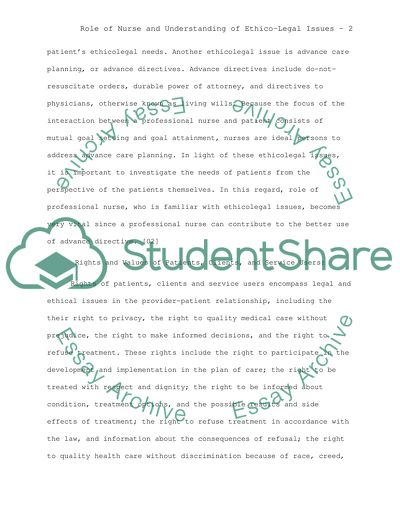Cite this document
(“Nursing Essay Example | Topics and Well Written Essays - 1500 words - 1”, n.d.)
Retrieved from https://studentshare.org/health-sciences-medicine/1514403-nursing
Retrieved from https://studentshare.org/health-sciences-medicine/1514403-nursing
(Nursing Essay Example | Topics and Well Written Essays - 1500 Words - 1)
https://studentshare.org/health-sciences-medicine/1514403-nursing.
https://studentshare.org/health-sciences-medicine/1514403-nursing.
“Nursing Essay Example | Topics and Well Written Essays - 1500 Words - 1”, n.d. https://studentshare.org/health-sciences-medicine/1514403-nursing.


